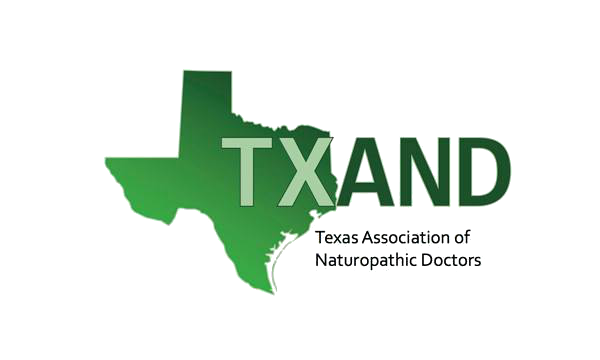TEST TEST TEST
|
|
Top 10 Reasons to License Naturopathic Doctors in texas
Presently, licensing or registration regulations for naturopathic doctors (NDs/NMDs) are established in 26 jurisdictions, comprising 23 states, along with the District of Columbia, Puerto Rico, and the U.S. Virgin Islands. Within these jurisdictions, NDs must graduate from an accredited four-year residential naturopathic medical school and successfully pass a comprehensive postdoctoral board examination known as NPLEX to obtain licensure or registration.
Those who are licensed or registered have a defined scope of practice according to state law and are obligated to meet continuing education and reporting criteria mandated by their respective states. Further information regarding the Naturopathic Physicians Licensing Examination Board (NPLEX) and the North American Board of Naturopathic Examiners (NABNE) can be found here.
The benefits of regulation include:
1. Prevention and Lower Health Care Costs
The CDC reports that chronic conditions account for 90 percent of the nation’s annual healthcare expenditures (1,2,3). NDs are trained to provide primary care and to partner with patients to prevent and to address chronic conditions (diabetes, high blood pressure, cardiovascular disease, chronic pain, depression). Evidence shows that this can have a profound impact on long-term health outcomes and associated costs (4,5).
2
NDs partner with patients to gain an in-depth understanding of their unique health needs and goals. The underlying objective of naturopathic medicine is to provide comprehensive and personalized care by addressing physical, mental, emotional, and spiritual aspects of health (6).
3. Treat the Root Cause
NDs are qualified to address acute and chronic illness as well as to prescribe medication, in appropriate circumstances. However, their focus is on the root causes of illness and early intervention.
4. Natural, Low Invasive Care
The naturopathic medical approach emphasizes natural, holistic therapies (e.g., nutrition, stress management, botanical medicine, mind-body medicine, life-style modifications) that reduce the need for drugs and surgery and minimize the risk of harmful side effects.
5. Post Graduate Education
Licensed and credentialed NDs graduate from 4-year, doctoral level naturopathic medical schools that are accredited by agencies approved by the U.S. Department of Education. Regulation gives them a legal framework within which to practice medicine in accordance with their education and training.
6. Transparency
Regulation provides transparency and enables consumers to identify qualified and credentialed naturopathic doctors.
7. Address Primary Care Provider Shortage
NDs can help to improve access to health care, with potential benefits in rural communities (7), and give patients more choice regarding their care.
8. Collaborate with MDs, DOs and other providers
NDs are trained to diagnose and treat common medical conditions, co-manage complex cases, and refer patients to specialists when appropriate.
9. Drug-Herb Interactions
NDs are knowledgeable in pharmaceuticals and are trained to recognize and avoid potential botanical/nutraceutical-drug interactions.
10. Patient Empowerment
NDs educate patients about their underlying cause of illness and provide patients with the appropriate tools for achieving optimal health. Most importantly, NDs encourage patients to make well-informed choices and to take a more active role in achieving and maintaining wellness.
